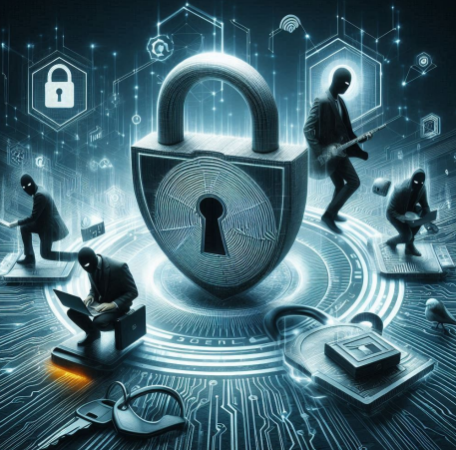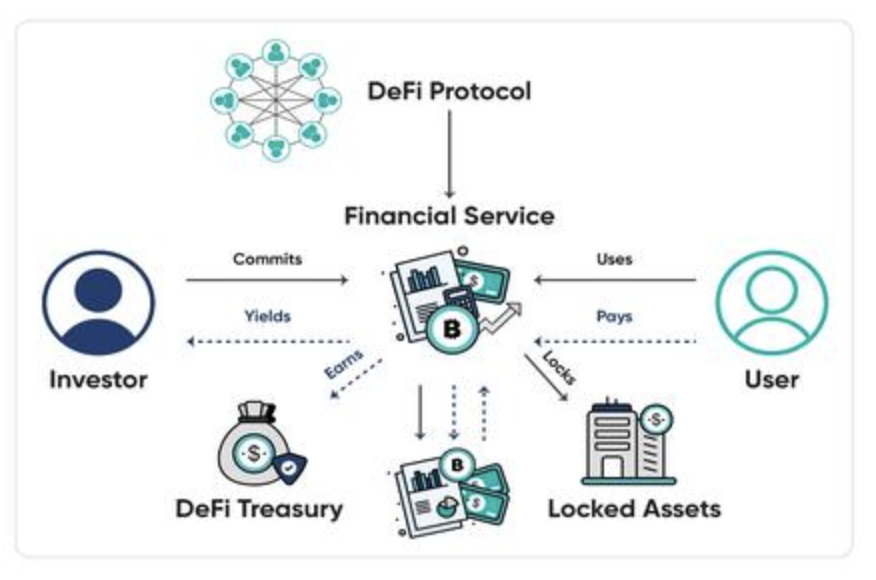One of the most common cybercrimes of our time, identity theft affects millions of people every year. It happens when someone obtains your personal information such as your Social Security number, bank account information, or credit card information illegally and uses it for theft or fraud. Our world is digital, therefore safeguarding against identity theft is essential. This is a guide on the best practices you may use to protect your identity.

Safeguard Your Online Accounts
Weak online account security is one of the simplest methods for hackers to steal your identity. The first step is to make sure that each account has a strong, unique password. Choose passwords with a minimum of eight characters that contain a combination of letters, numbers, and symbols. By requiring you to utilise a second device to authenticate your identity, this method makes it more difficult for unauthorised individuals to access your accounts.
Regularly keep an eye on Financial Transactions
Monitoring your credit card transactions, bank statements, and other financial documents closely will help you identify any questionable activity early on. You can receive real-time notifications on transactions performed on your accounts using mobile alerts provided by many banks. You might also think about registering for credit monitoring, which notify you of any major modifications to your credit report.

Use caution when revealing Personal Information
If you disclose too much personal information online, identity theft may occur. Oversharing is particularly prone on social media platforms. Don't share your address, date of birth, full name, or any other private information with the world. Such information is frequently used by scammers to construct your identity and carry out fraud. Additionally, be sure the person making the request is legitimate at all times and never divulge your Social Security number unless it is absolutely required.
Shred any Confidential Papers
Paper records that hold personal data are still quite dangerous, even with the increase in digital data theft. Make sure your bills, bank statements, and medical papers are destroyed before throwing them away to keep identity thieves from getting their hands on your private information. Important papers like birth certificates, passports, and tax returns should also be kept in a safe, locked place inside your house.

Watch Out for Phishing Schemes
Phishing scams, in which thieves assume the identity of reputable companies in an attempt to fool you into disclosing personal information, have advanced in sophistication. These scams frequently take the shape of phone calls, texts, or emails asking for private information like account numbers or passwords. Before answering any such inquiries, always make sure the source is legitimate.
Final Remarks
Although identity theft can have disastrous effects, you can greatly lower your risk by being proactive. You may prevent yourself from falling victim by safeguarding your internet accounts, keeping a close eye on your financial transactions, exercising caution when handling personal information, deleting documents, and being aware of phishing scams. The best line of defence against this expanding threat is to be attentive.

What is a mortgage refinance?

Consumerism Trap: Why More Spending = Less Wealth?

2025 Crypto: Where Are the Opportunities?

Setting a Budget for Your Dream Wardrobe: Tips for Finance-Friendly Shopping

Rising Sustainable Fashion Brands: Does Ethical Shopping Cost More?

Blockchain in Finance: Beyond the Hype

Mortgage Payment Options for Self-Employed Individuals
